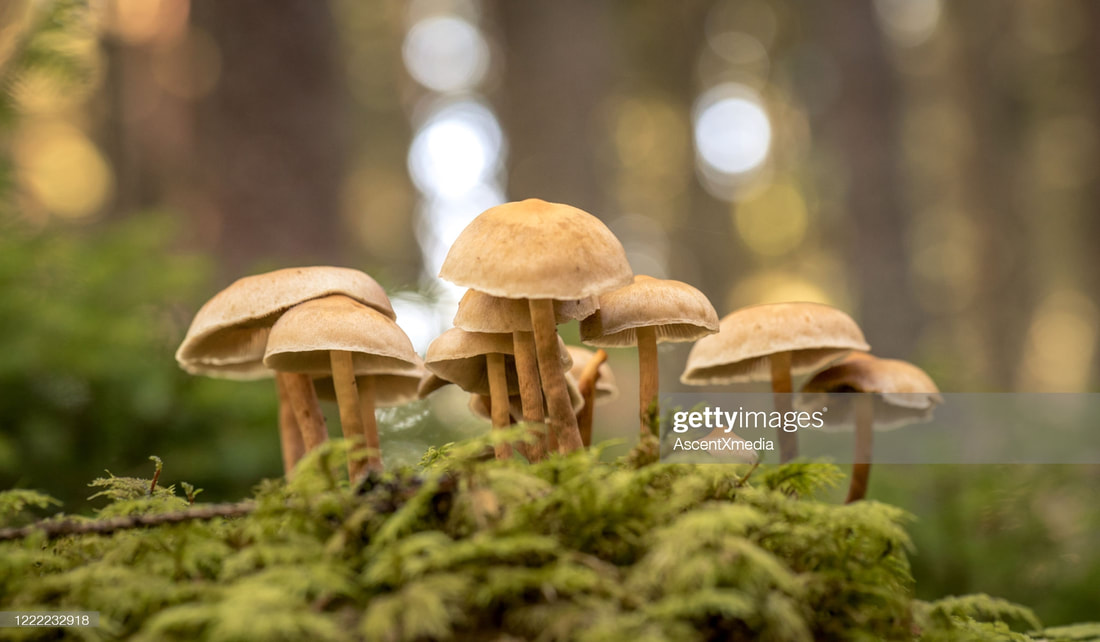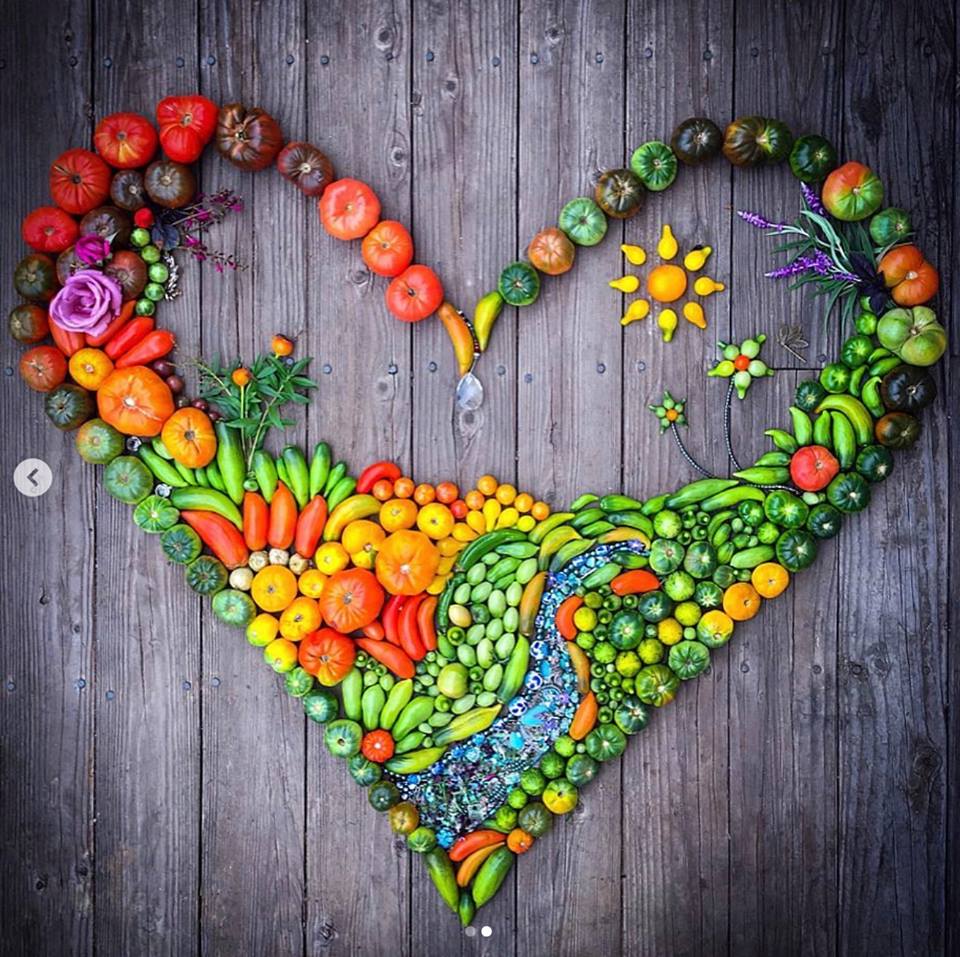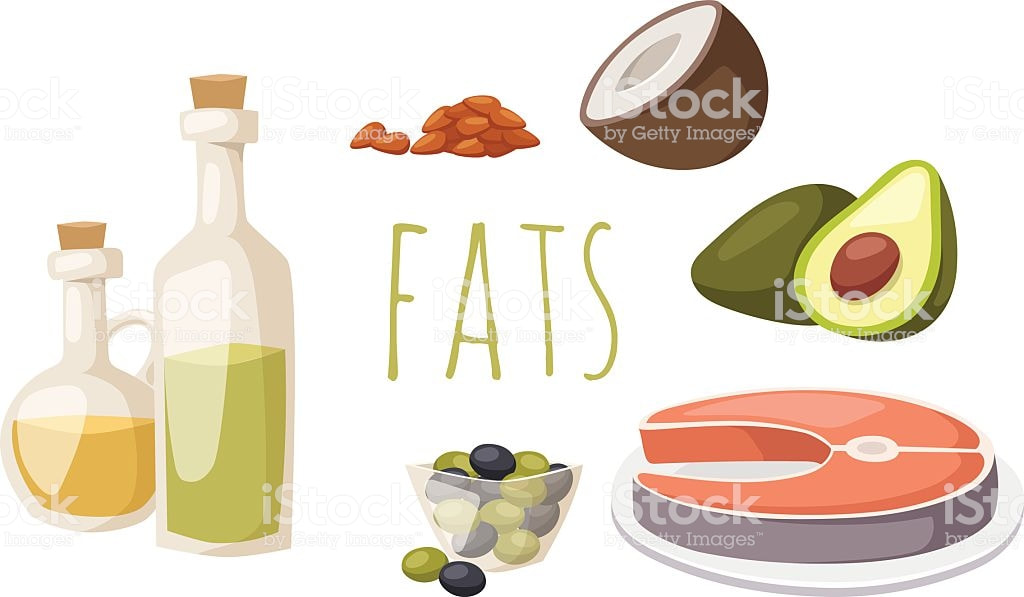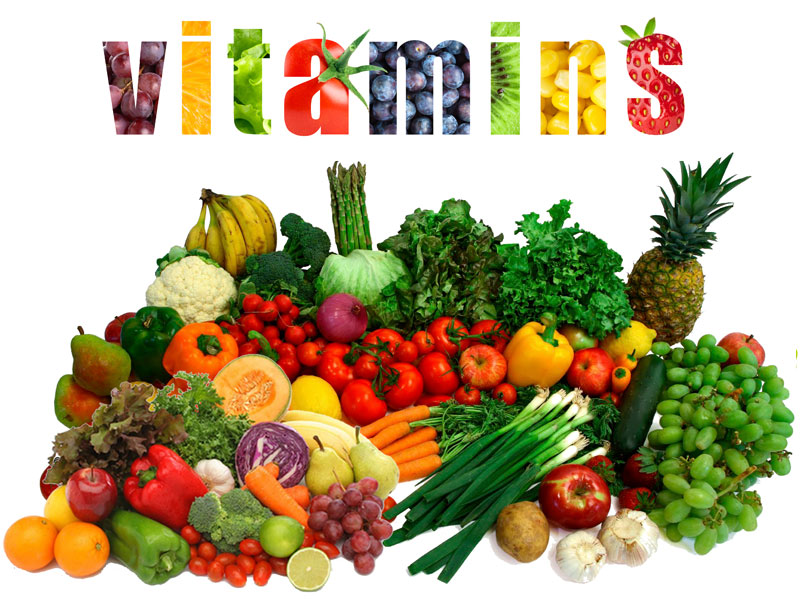Regarded for eons in the East as a key to good health, happiness, and wisdom, steeped leaves, sticks, roots, and herbs have captured the attention of researchers in the West, who are realizing the numerous health benefits of different types of the brewed beverages of our ancestors. Not just a hip trend, but these ancient healing tools are re-entering our modern culture as more beautiful soils are returning to nature’s original apothecary.
Recently while watching Outlander and The Good Witch, it struck me that herbal teas have been used for centuries as healers’ tools. The University of Minnesota explains, “It’s likely that humans have used plants as medicine for as long as we have existed. Archeological excavations dated as early as 60,000 years ago have found remains of medicinal plants, such as opium poppies, ephedra, and cannabis.
What this teacup-toting writer is talking about is much more than green and black teas. Through the lens of my research, steeped tea can be from herbs, roots, sticks, leaves, and mushrooms too. There’s tulsi (holy basil), oolong, antioxidant chai, chamomile, spearmint, stinging nettle, lemon balm, hibiscus, rooibos, ginger, sage, echinacea, dandelion, echinacea, lion’s mane and reiki mushroom tea, and the list goes on and on. For consuming instant or bottled tea, one deserves a good flogging with a used tea bag. Nutritionists agree any tea is good tea, still, they prefer brewed teas over bottled to avoid the extra empty, non-nutritive calories, inflammatory sugar, dubious artificial sweeteners, flavors, and coloring.
Green tea has been used for ages in traditional Chinese medicine for its therapeutic values. Healthlinne.com states green tea may improve brain function, increases fat burning, contains antioxidants that may lower the risk of some cancers, protect the brain from aging, treat bad breath, prevent type 2 diabetes and cardiovascular disease. According to Food & Function, black and green tea may reduce the risk of coronary heart disease and stroke by 10% to 20%. Drinking more than four cups of green tea can also speed-bump cancer growth.
Chamomile tea is known for its calming effects and frequently used as a sleep aid. PubMed reports peppermint tea supports digestive tract health and has antioxidant, anticancer, antibacterial, and antiviral properties. Ginger tea fights inflammation, stimulates the immune system, and is effective for relieving nausea caused by cancer treatments and motion sickness.
Hibiscus tea, one of my favorites, may help lower high blood pressure and fight oxidative stress. However, it shouldn’t be taken with a certain diuretic medication or at the same time as aspirin. Several NIH studies found sage tea improves cognitive function and memory and may benefit colon and heart health.
Rose hip tea. made from the fruit of the rose plant is high in vitamin C and anti-inflammatory plant compounds. Several studies have investigated the ability of rose hip powder to reduce inflammation in people with rheumatoid arthritis and osteoarthritis.
The leaves stems and flowers of the passionflower plant are traditionally used to relieve anxiety and improve sleep, and studies have begun to support these uses. For example, one study found that drinking passionflower tea for one week significantly improved sleep quality. Therapeutic uses of holy basil herbal tea or tincture, or essential oil are to help skin, respiratory, gastrointestinal, and joint conditions.
WebMD shares that research on holy basil (tulsi) supports potential health benefits which include reduction of respiratory issues, stress and anxiety regulation, and improved dental health. Holy basil contains bioactive compounds like eugenol, camphene, cineole, and camphor that may help to open your airways and improve breathing. These compounds may also have antimicrobial and antiviral activities that help reduce the duration of common cold and flu symptoms.
Many mainstream pre-bagged teas contain ingredients the health-conscious need to be aware of before their next purchase. Be mindful, most major brands use chemicals to bleach the bags, and the leaves very well could have been be sprayed with carcinogenic pesticides. Read labels, preform due diligence, and ask questions. Organic free trade, non-GMO is a safe bet.
When I’m cold, a brewed tea warms my weary bones; if I’m sad, it uplifts me, and when strazzled, tea comforts me; moves my soul; a stand-up celebration of simplicity. Japanese culture describes preparing tea as a meditative ceremony of pouring all one's attention into a predefined, patient method.
In modern times, it might befit us returning to nature’s generous apothecary of medicinal, steeped medicinal leaves, sticks and roots and become happy, healthy tea-a-holics.










 RSS Feed
RSS Feed